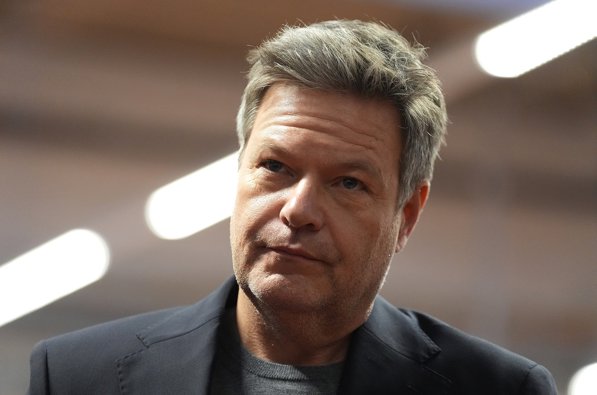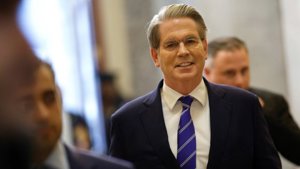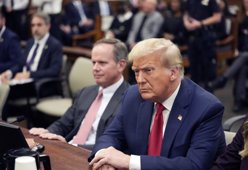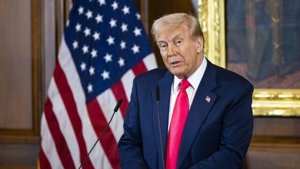
Germany: US Tariffs Cause Inflation
German Economy Minister Robert Habeck sharply criticized the United States’ newly imposed reciprocal tariffs on Thursday, stating that for American consumers, this day marks “inflation rather than liberation.” His comments come in response to President Donald Trump’s sweeping tariff measures under his “Liberation Day” trade policy.
In his statement, Habeck emphasized that the European Union must respond as a united front. “Europe’s strength is our strength. We have the largest single market in the world. We must utilize this strength,” he asserted. Habeck’s remarks underline growing European unease over Washington’s escalating trade barriers, which are being viewed as a direct economic threat to transatlantic commerce.
The German minister also highlighted the significance of coordinated action within the EU to protect its industries and consumers from potential price hikes and economic disruptions. While he signaled disapproval of the U.S. measures, he maintained that there remains time for diplomatic efforts. “There is still some time,” Habeck noted, suggesting that the bloc could still pursue an agreement through negotiations before resorting to retaliatory actions.
Trump’s administration recently introduced a range of tariffs on foreign goods, including a 25% duty on all imported automobiles and additional levies on exports from the European Union, China, Japan, and others. The measures have sparked global backlash and fueled concerns about a broader trade war.
Habeck’s criticism echoes sentiments shared by other EU leaders, who have warned that the new tariffs threaten global economic stability and long-standing alliances. The minister’s call for unity comes as European nations weigh their next steps and seek ways to leverage their collective economic power in response to U.S. actions.
As diplomatic discussions continue, the possibility of a negotiated settlement remains on the table. However, should talks fail to yield progress, the EU may be forced to unveil its own set of countermeasures, further escalating tensions between Washington and Brussels.
The situation remains fluid, with both sides watching closely for signs of compromise or confrontation. For now, the European Union’s focus appears to be on maintaining solidarity and preparing for all possible outcomes in the face of rising protectionist pressures.






